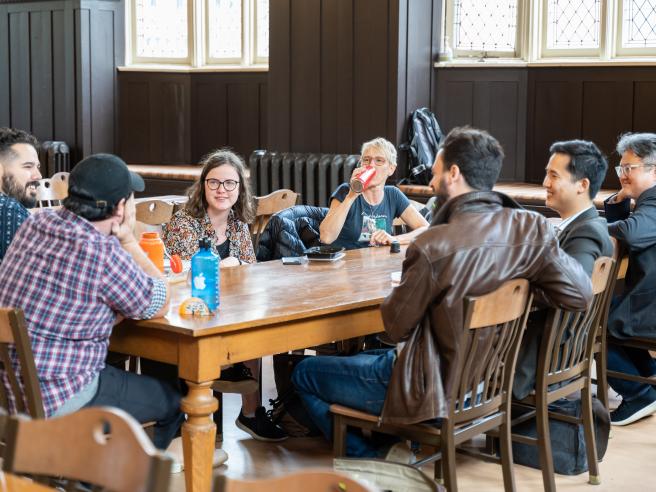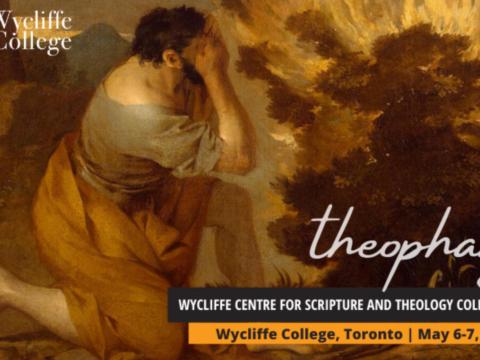Being at home in the body for now
Now that the pandemic is behind us, I’m now something of an exception – that is, I am someone who still spends more days away from Wycliffe than in college. However, at a time when so much these days is advanced and effected by email and virtual communication, I’ve also become aware of the value of the college community.
Read more










